Description
Abstract
This study investigated the role played by Radio Biafra during the Nigeria-Biafra war (1967-1970) and the lessons for contemporary media houses in the South-South region of Nigeria. The crux of the study was to find out the extent the radio was used to promote the Biafra course, find out the role played by the radio and the lessons media houses can learn from the past events. The study adopted both primary and secondary sources of literature. The study adopted the Framing and Agenda Setting Theory to explain the practice among media houses and the implications on society, especially during a conflict situation. A descriptive survey design was used as the research design. The population of the study comprises all the inhabitants of the South-South region of Nigeria. Out of the total population of the South-South region, the study adopted 994 respondents. The major instrument which was a questionnaire was distributed to the 1,020 respondents and 994 were successfully retrieved and were subjected to analysis. The study discovered that Biafra Radio was adopted by the defunct Biafran government to educate, mobilize and motivate the people towards the war effort. The study also discovered that the radio played a major role in mobilizing and motivating the people including young people into the war. It was therefore recommended in the study that the increasing rate of hate speech, fake news, and sentiments should be eradicated in the media industry by the National Broadcasting Commission through the media organizations amongst others.

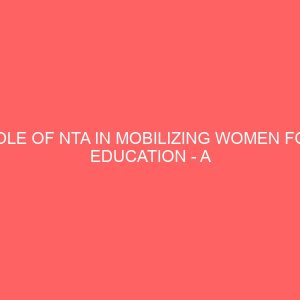

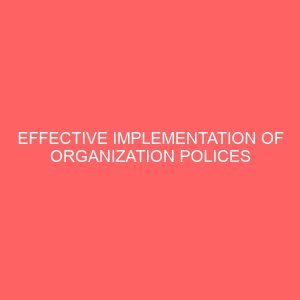
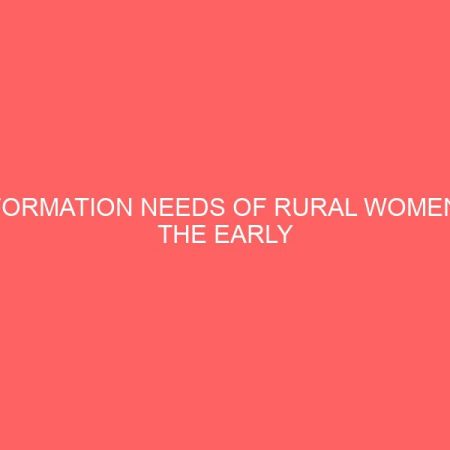
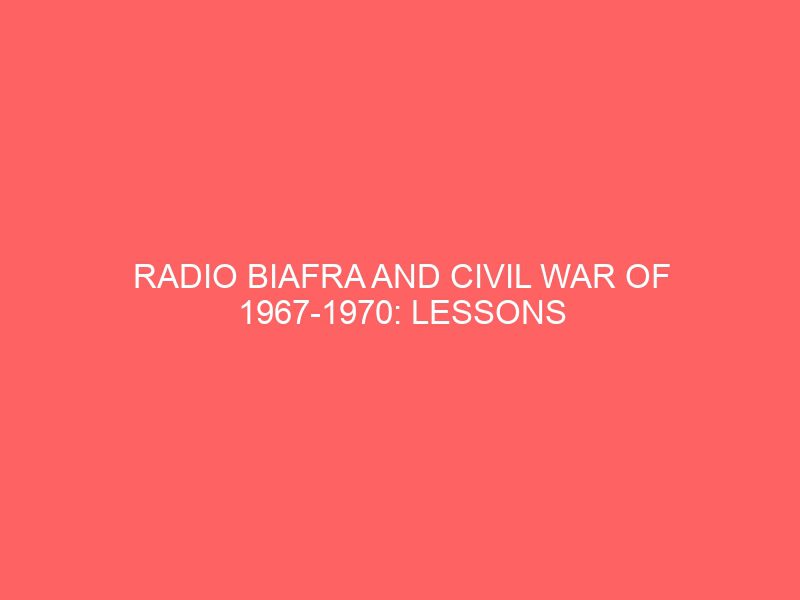
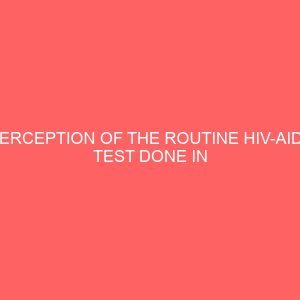
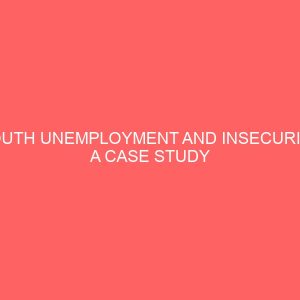
Reviews
There are no reviews yet.